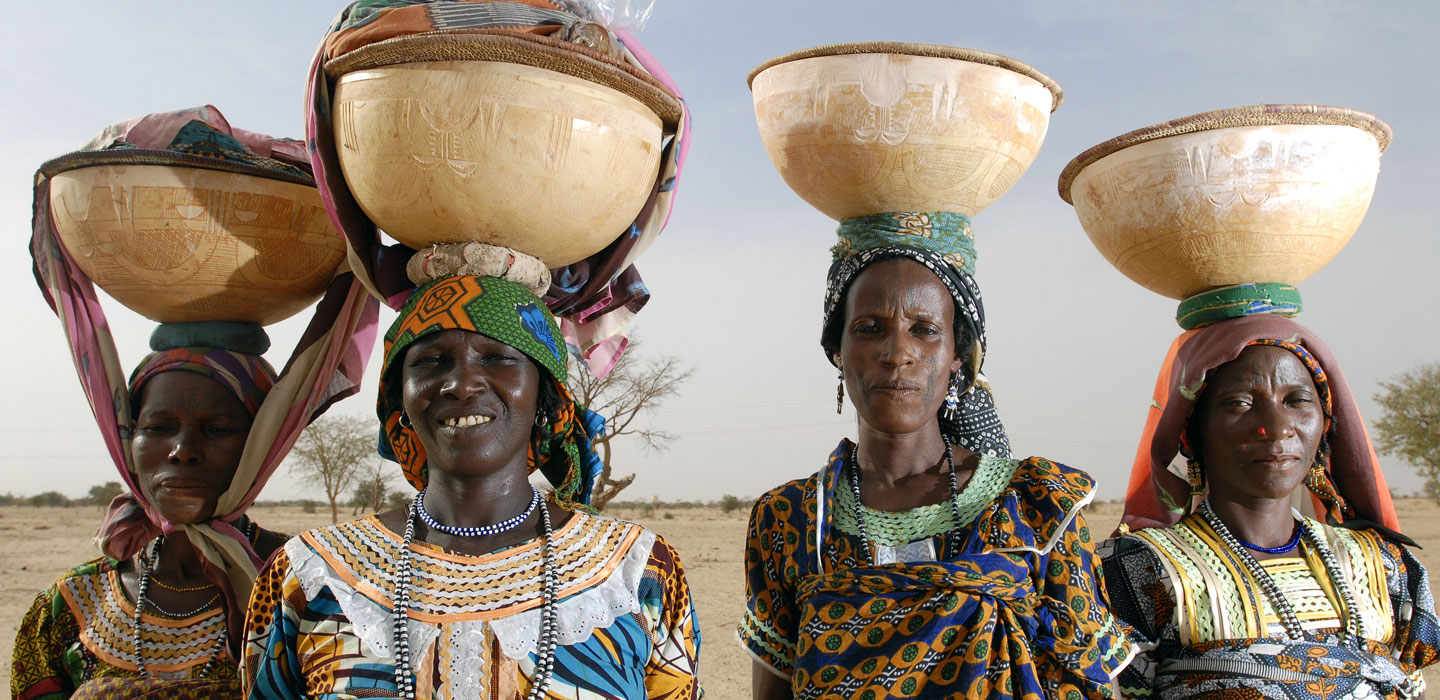Herramientas y Guías
Herramientas y Guías

Herramientas y Guías
Visualización del menú
Search Results Filters
Resultados de la búsqueda
Scaling up note: Bangladesh
diciembre 2015
Bangladesh has recently been classified as a lower-middle-income country and aims to reach upper-middle-income country status by 2021. To achieve this, the Government of Bangladesh will need to overcome considerable challenges in agricultural development and rural economic growth. The country’s annual GDP growth averaged about 6 per cent between 2000 and 2013, and was accompanied by a decline in the national poverty rate from 48.9 per cent to 31.5 per cent over the first decade of the century, effectively lifting some 16 million people out of poverty.
Scaling up note: China
diciembre 2015
In terms of population, China, with 1.35 billion people, is the largest country in the world. It is the first developing country to achieve the United Nations Millennium Development Goal (MDG) of reducing by half the number of its people living in extreme poverty and hunger, and only 6.3 per cent of the population were estimated to be living in extreme poverty in 2013. Substantial progress has been made with respect to overall development and China is now considered in the high human development category of UNDP’s Human Development Index, ranking 91 out of 187 countries.
Scaling up note: Mauritania
diciembre 2015
In recent years, Mauritania has enjoyed political stability, with the June 2014 presidential elections taking place peacefully. In addition, the country registered a robust growth rate of 6.7 per cent in 2013 and continues to be characterized by macroeconomic stability. The country, however, remains exposed to vulnerabilities related to lack of diversification, international price volatility and reliance on foreign inflows. While it has succeeded in increasing per capita income in recent years, income distribution has remained relatively unchanged for the last two decades, and the challenges of unemployment remain daunting. Sound management of natural resources is essential to foster inclusive and long-term growth.
Scaling up note: Indonesia
diciembre 2015
Indonesia is the largest economy in South-East Asia and has developed rapidly over the past decade into a competitive and decentralized electoral democracy with a fast growing middle class. Despite the country's positive progress in reducing poverty, vulnerability and inequality remain high. Nearly 40 per cent of Indonesians are highly vulnerable to shocks, which can push them back below the poverty line.